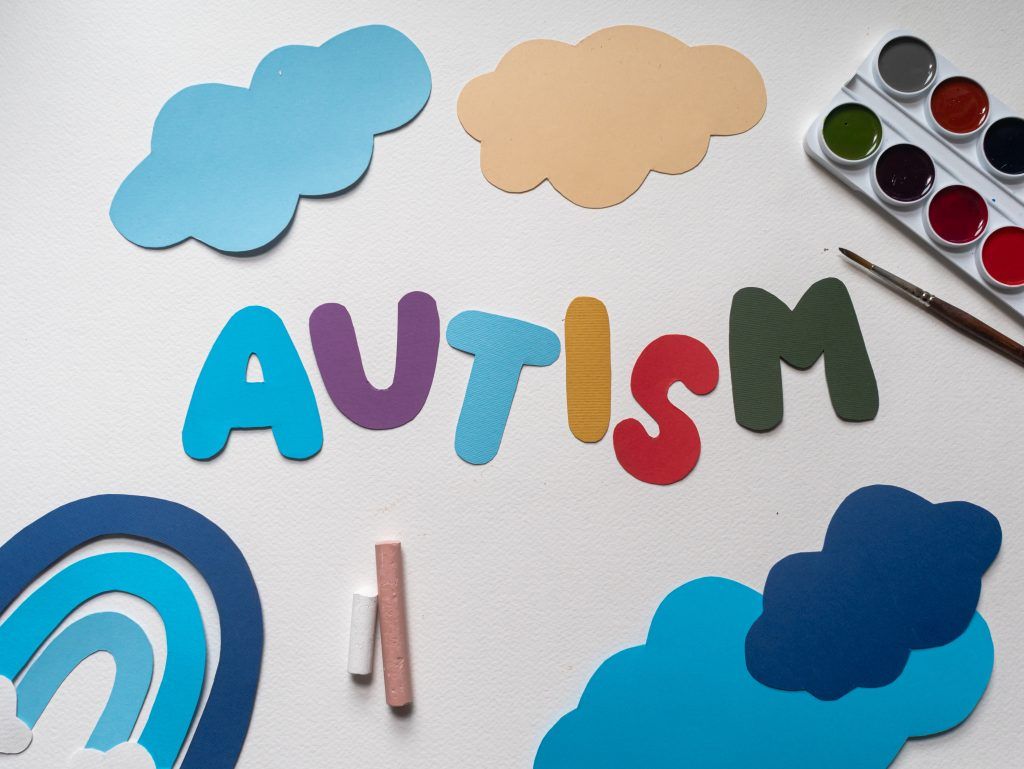Unlocking support: NDIS funding for autism spectrum Disorder
Published at 19-06-2023 12:00:00

Unlocking Support NDIS Funding for Autism Spectrum Disorder
Autism Spectrum Disorder, or ASD, is quite a prominent disability category that you can find within the National Disability Insurance Scheme (NDIS). ASD is one of the most common diagnoses for participants with NDIS funding.
How to be eligible for NDIS funding?
To make sure you’re eligible for NDIS funding, you need to adhere to certain criteria. Here’s an overview of the eligibility criteria:
- Should be aged between 7 to 65 years.
- Should be a citizen or a permanent resident.
- Should live in an area where NDIS is available
- Should have a permanent impairment or development delay, which is impacting day-to-day activities.
Anyone with autism will be qualified for NDIS funding. However, the level of autism will determine the specific amount of funding that a person will be able to access.
How to determine the level of autism?

The NDIS determines level of autism through DSM-V (Diagnostic and Statistical Manual of Mental Disorders) criteria. Below are the different levels of ASD as per the categorization:
- ASD Level 1 – Person with disability requires support
A person having ASD level 1 will have challenges in maintaining social interactions. In other words, becoming a part of a social group will be difficult for such person. They will also encounter struggles when planning and solving their problems. This can create a significant impact on their level of independence.
- ASD Level 2 – Person with disability requires substantial support
A person with ASD level 2 will have a limited interest in specific subjects. As a result, they will find it difficult to interact with others. Such individuals often find themselves engaging in restricted or repetitive behavior. They will often struggle to communicate. This is applicable for both verbal communications as well as non-verbal communications.
- ASD Level 3 – Person with disability requires very substantial support
A person with ASD level 3 will showcase communication deficits. As a result, they will not be able to manage social situations. Such people will also feel stress when they are going through confronted situations, which require them to have a higher level of focus. Moreover, it will be too challenging for them to change their actions as well.
Children who are diagnosed at ASD level 2 or level 3 are considered to be under permanent impairment of their functional capacity. As a result, they are eligible to receive NDIS funding.
Support offered by NDIS for children with autism

NDIS offers support to children with autism in many different ways. For example, support is available through independent living skills development, communication skills development, physiotherapy, social connections, technology usage, speech therapy, and occupational therapy. They also provide support via life-stage transition support, employment and education support, and transportation support.
How to determine the NDIS funding eligible?
As mentioned earlier, the amount funded by the NDIS varies based on the level of impact that this disability creates on day-to-day life. On average, an NDIS participant having ASD is receiving around $32,800 per year. However, the amount is significantly lower for children aged under 7 years.
How to find autism support?

If you are approved for NDIS funding, it will be possible for you to locate autism support via platforms such as Mable. This is where you will be able to connect with independent support workers. They can help you to increase the level of independence and community participation of your child. On top of that, your child will be able to receive much-needed assistance with achieving goals as well. The support workers will also be able to provide support in other areas of life, such as education and employment.
Get in touch
If you have any questions, we’d love to help you out! Call us on 1300 217 037 or email us at info@justplanmanagers.com.au and our friendly team will get back to you in no time.